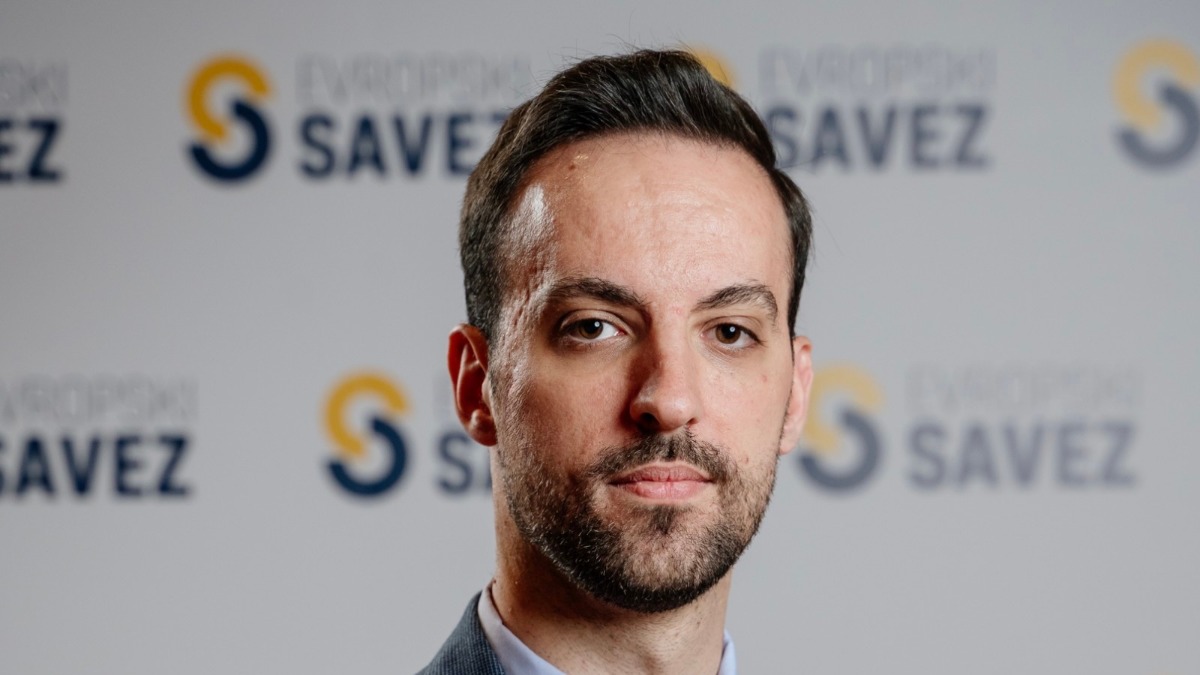Germany used to be known as the land of equal opportunities and social justice. But now, everything is changing. Serbs, Greeks, Turks, and many other migrants who once flocked to this country are now thinking about leaving. Why? Because they feel excluded, unwanted, and like second-class citizens despite years of hard work and effort.
Take Janis, a Greek who came to Germany 18 years ago to study civil engineering. He worked as a project manager, civil engineer, freelancer – he gave his all. But in the end, a client refused to pay him 20,000 euros because “he didn’t want him to get rich here.” Clearly, intolerance towards foreigners is not a myth. Janis realized that no matter how much he integrated, he would always be seen as a foreigner. So he decided to leave.
A similar fate follows Utku Sen, a cybersecurity expert of Turkish origin. After three years in Berlin, where he experienced daily discrimination, he moved to London, where life is much easier because he can communicate in English and people are more open to foreigners.
Kalina Velikova from Bulgaria, who spent nine years in Bonn, confirms that even perfect knowledge of the German language does not guarantee acceptance. People behave as if you are a stranger, as if you are not part of society. The feeling of exclusion and social distance leads migrants to become colder and lose the will to stay.
A study by the Institute for Employment Research (IAB) shows that one in four migrants in Germany is considering leaving. Most often, these are highly educated and successful people – the very ones Germany needs the most. The reasons are complex: personal, economic, and the perception of a hostile social environment.
Germany currently has over 25% of its population with a migrant background, about 6.5 million people, mostly from Syria and Ukraine. The increase in migrants has raised concerns among the native population, which the far-right party AfD exploited to become the second strongest party in the country in recent elections.
Economist Christian Dastman warns that politics must balance not overburdening the native population while remaining open to migrants, who are an important part of the economy and society. But it is clear that the current situation is leading to a deep integration crisis and growing polarization.
So, Germany, the land of promises, has now become a land of disappointment for many migrants. Will anything change, or will more people like Janis and Utku pack their bags and leave? What do you think about this integration crisis? Is Germany really the land of equal opportunities or just an illusion? Drop a comment, let’s see who’s for and who’s against!











